Mycroft Holmes
Mycroft Holmes
Media
Mycroft Holmes
Published At September 14, 2025
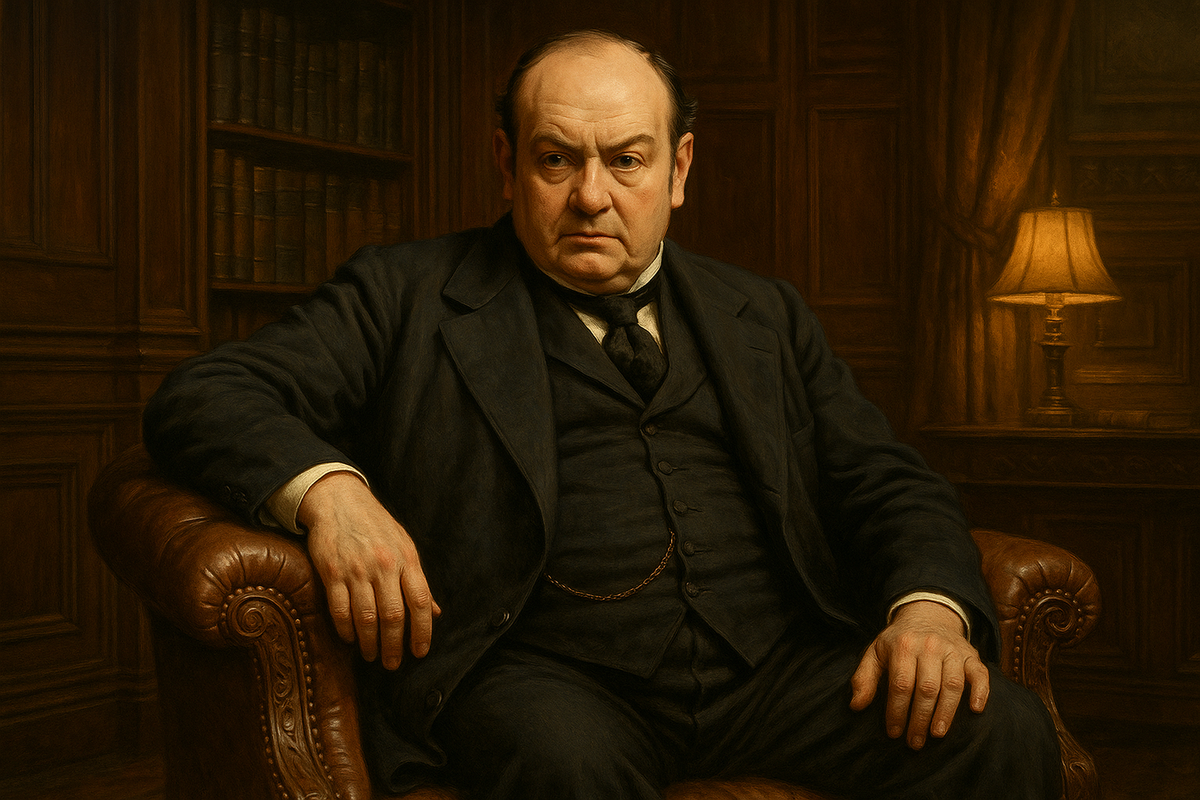
The Shadow Behind the Scenes
Introduction
Mycroft Holmes, the elder brother of Sherlock Holmes, is one of the most intriguing figures in Sir Arthur Conan Doyle’s detective universe. Though far less active in the field than his famous sibling, Mycroft possesses an intellect described by Sherlock himself as superior to his own. He appears in only a handful of stories—The Greek Interpreter (1893), The Bruce-Partington Plans (1908), and a few passing references—yet his quiet influence extends deep into the machinery of Victorian government.
Characterisation
Mycroft Holmes is portrayed as corpulent, sedentary, and largely uninterested in practical detective work. Unlike Sherlock, who thrives on the drama of crime scenes, disguises, and field investigation, Mycroft prefers the comfort of his club, the Diogenes Club, and the orderly corridors of Whitehall. Despite his disinclination for action, he demonstrates extraordinary analytical powers: where Sherlock must gather data, Mycroft can reach correct conclusions with minimal information, relying on sheer deductive brilliance.
Physically, he is described as larger and stouter than his younger brother, with a face marked by intelligence but lacking the restless energy that defines Sherlock.
Role in the Canon
- First Appearance: The Greek Interpreter, which introduces Mycroft as an intellectual resource for Sherlock.
- The Bruce-Partington Plans: Mycroft summons Sherlock to investigate missing submarine plans, revealing his central role in British intelligence.
- Though he rarely leaves his armchair, Sherlock often cites his brother’s unparalleled powers of deduction.
The Diogenes Club
One of Mycroft’s defining associations is with the Diogenes Club, a London institution founded for men who dislike social interaction. Members communicate as little as possible; silence is considered a virtue. Mycroft is not only a member but a co-founder, reinforcing his image as a man devoted to thought, privacy, and routine.
Government Service
Conan Doyle leaves Mycroft’s position deliberately vague, but hints suggest that he acts as a human computer for the British government. In The Bruce-Partington Plans, Sherlock remarks that Mycroft “occasionally is the British government,” underscoring his importance in national affairs. Scholars often regard him as an early literary archetype of the spymaster—an intellectual giant whose influence is unseen but decisive.
Adaptations and Legacy
- Classic Portrayals: Charles Gray (1970s films) and Christopher Lee played Mycroft as a witty, formidable statesman.
- BBC’s Sherlock (2010–2017): Mark Gatiss portrayed him as a sardonic powerbroker in modern government.
- Guy Ritchie Films: Stephen Fry’s eccentric, humorous Mycroft in Sherlock Holmes: A Game of Shadows (2011).
- Other Media: Mycroft is often reimagined as a proto-spy, anticipating figures like M in the James Bond franchise.
Conclusion
Mycroft Holmes may not prowl London’s fog-laden streets or chase criminals through dark alleys, but his presence looms over Conan Doyle’s world. As the intellectual equal—or superior—of Sherlock, and a linchpin in Britain’s secret state, he embodies the idea that not all heroes wield magnifying glasses or revolvers. Sometimes the most powerful figure is the one who rarely leaves his chair.
FAQ
Information
Related Articles
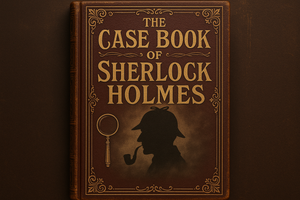
The Case Book of Sherlock Holmes
The Final Collection Introduction The Case-Book of Sherlock Holmes, published in 1927, is the la...

The Return of Sherlock Holmes
The Great Detective Resurrected Introduction The Return of Sherlock Holmes, published in 1905, i...
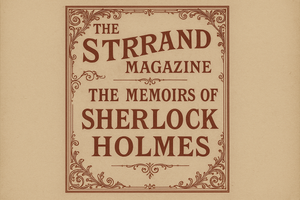
The Memoirs of Sherlock Holmes
The Detective’s Fateful Adventures Introduction The Memoirs of Sherlock Holmes, published in 189...
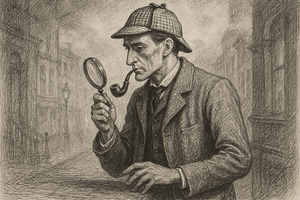
The Adventures of Sherlock Holmes
The First Collection of Short Stories Introduction The Adventures of Sherlock Holmes, published ...
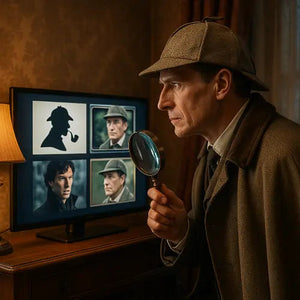
Sherlock Holmes
The World’s Greatest Detective Introduction Sherlock Holmes, the fictional detective created by S...

Dr. John H. Watson
Chronicler, Companion & Friend Dr. John H. Watson is Sherlock Holmes’s trusted companion, mil...
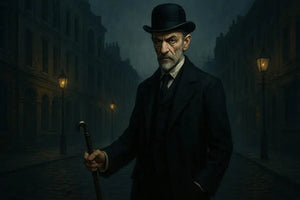
Professor James Moriarty
The Napoleon of Crime Introduction Professor James Moriarty is the arch-nemesis of Sherlock Holme...
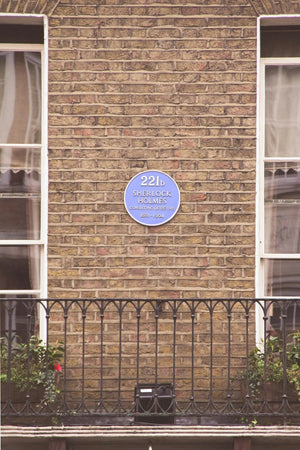
221B Baker Street
The Fictional and Real Address Introduction 221B Baker Street is one of the most famous addresses...
